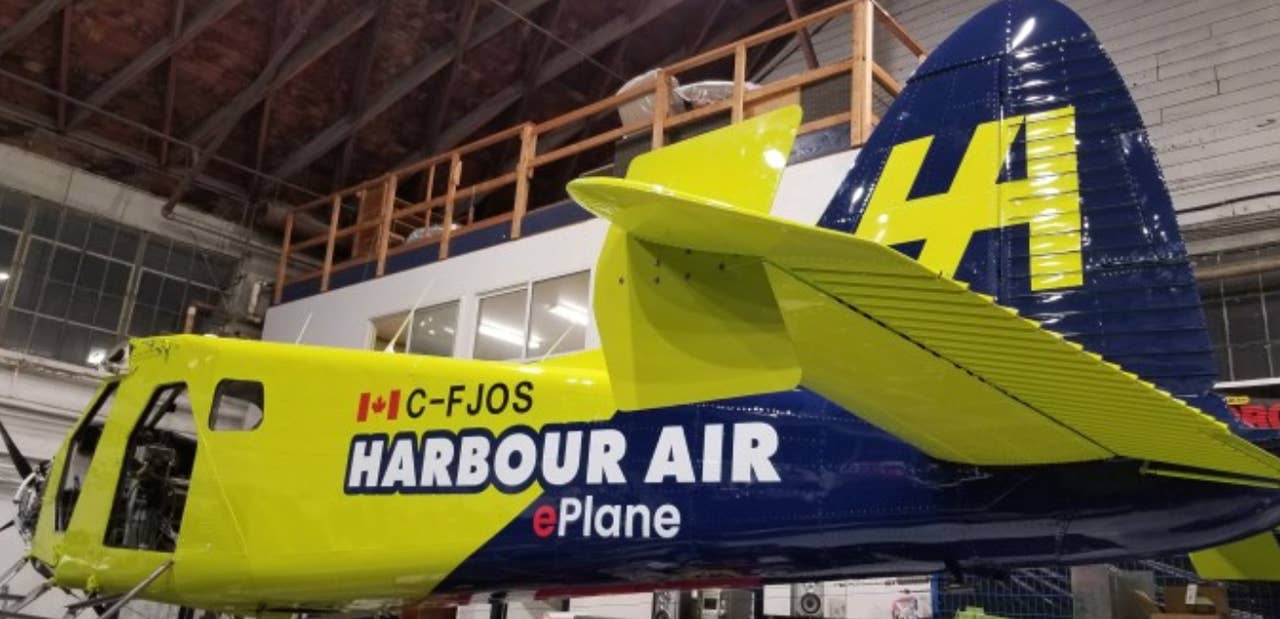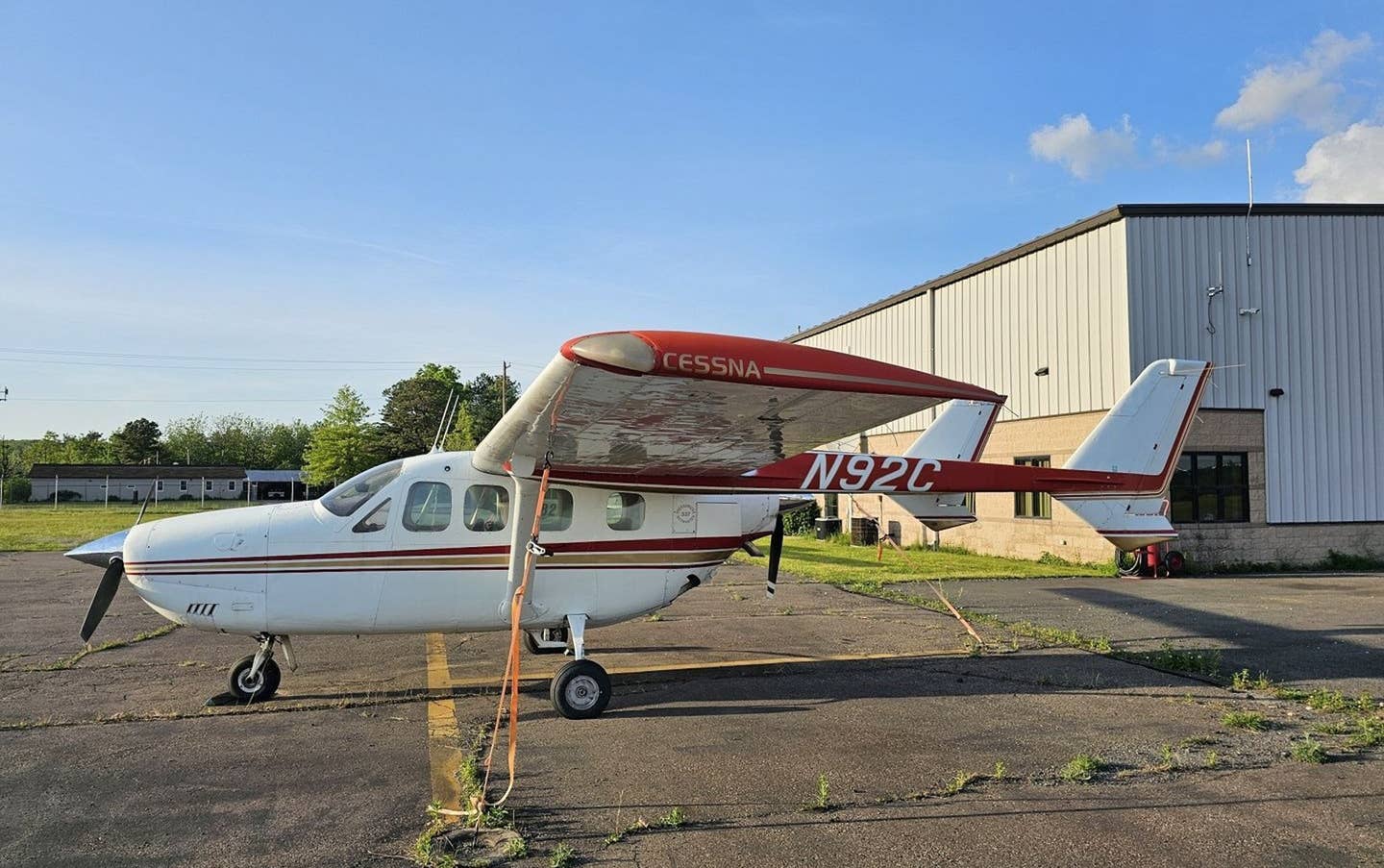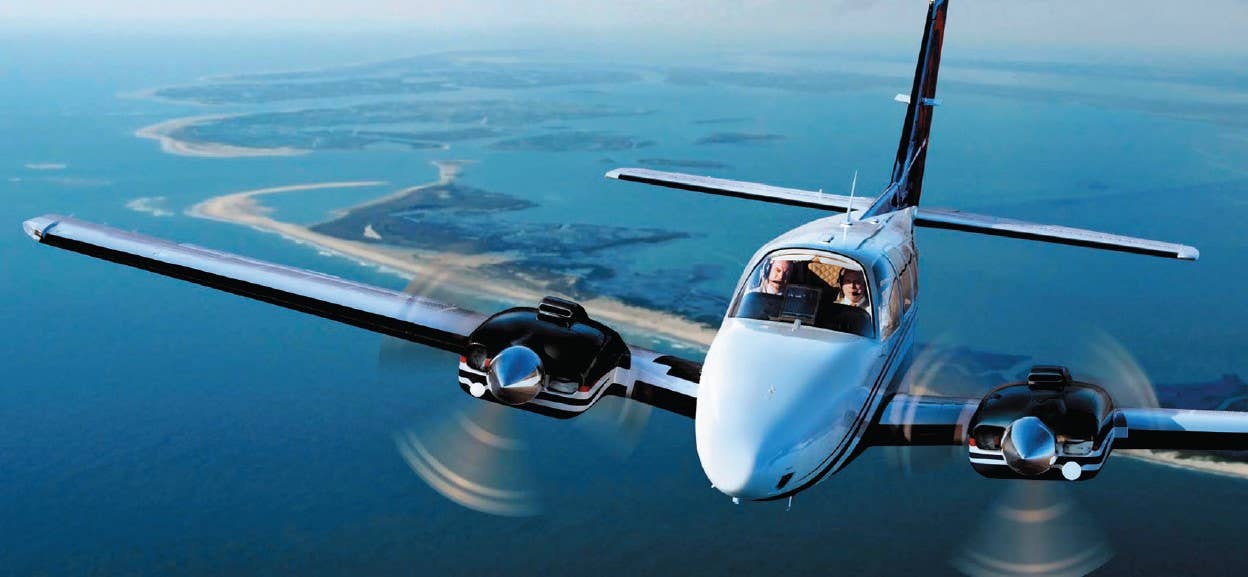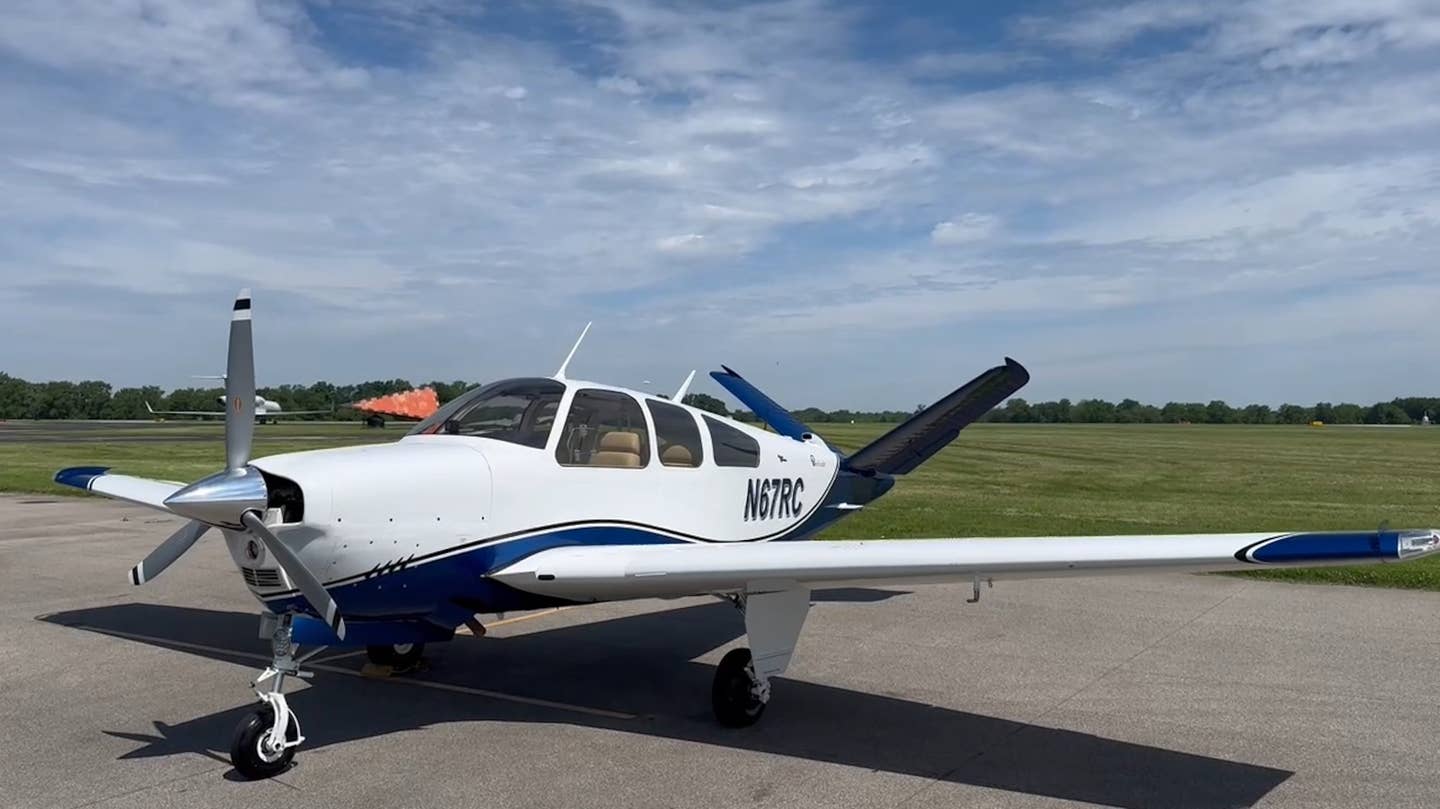
Harbour Air president Greg McDougall will pilot the first flight. Harbour Air
Now that Harbour Air’s electric de Havilland Beaver has completed a full-power static runup, and installed all its battery management and other new systems, the crew needs little more than Transport Canada’s signature on the test flight permits in order to launch. The company expects the airplane to slip into the water at Vancouver Harbour for its first proof-of-concept flight next Wednesday at the company’s Richmond, British Columbia, facility (YVR).
The completely rebuilt deHavilland Beaver traded its original 450-hp Pratt & Whitney R985 Wasp Junior engine for a new 750-hp all-electric magni500 propulsion system created when Harbour Air partnered with Magni for this venture. Powered by the Magni electric motor, the first Beaver flight will use no fossil fuels and create no harmful emissions. The first Beavers appeared in 1948.
Harbour Air has one of the largest all-floatplane airlines in the world, operating a 53-aircraft-strong fleet of deHavilland Beavers, Otters, Twin Otters and Cessna Caravans. The small airline plans to eventually convert its entire fleet of piston and turbine seaplanes to electric powerplants.
Powered by the current Magni electric motor, the battery technology in the Beaver as equipped is currently capable of only a 100-nm range. But that is expected to increase in the future as the technology evolves. Magni believes by 2025 this same aircraft will offer a 150-nm range, growing to 300 nm by 2030, again all without using a single drop of fossil-based fuel to directly run the engine. Industry skeptics believe short-range electric powered flights are all that this kind of airplane will ever be capable of, but short-range flights are at the heart of Harbour Air’s business model and why it carried 500,000 passengers last year.
The inaugural flight, the first ever for a seaplane retrofitted with the electric powerplant, is scheduled for Wednesday, December 11, with Harbour Air president Greg McDougall at the controls. Harbour Air’s Beaver still needs certification from Transport Canada before it becomes truly useful. Currently TC does not have a process in place to certify an electric airplane so the next steps could still pose some delays.

Subscribe to Our Newsletter
Get the latest FLYING stories delivered directly to your inbox






